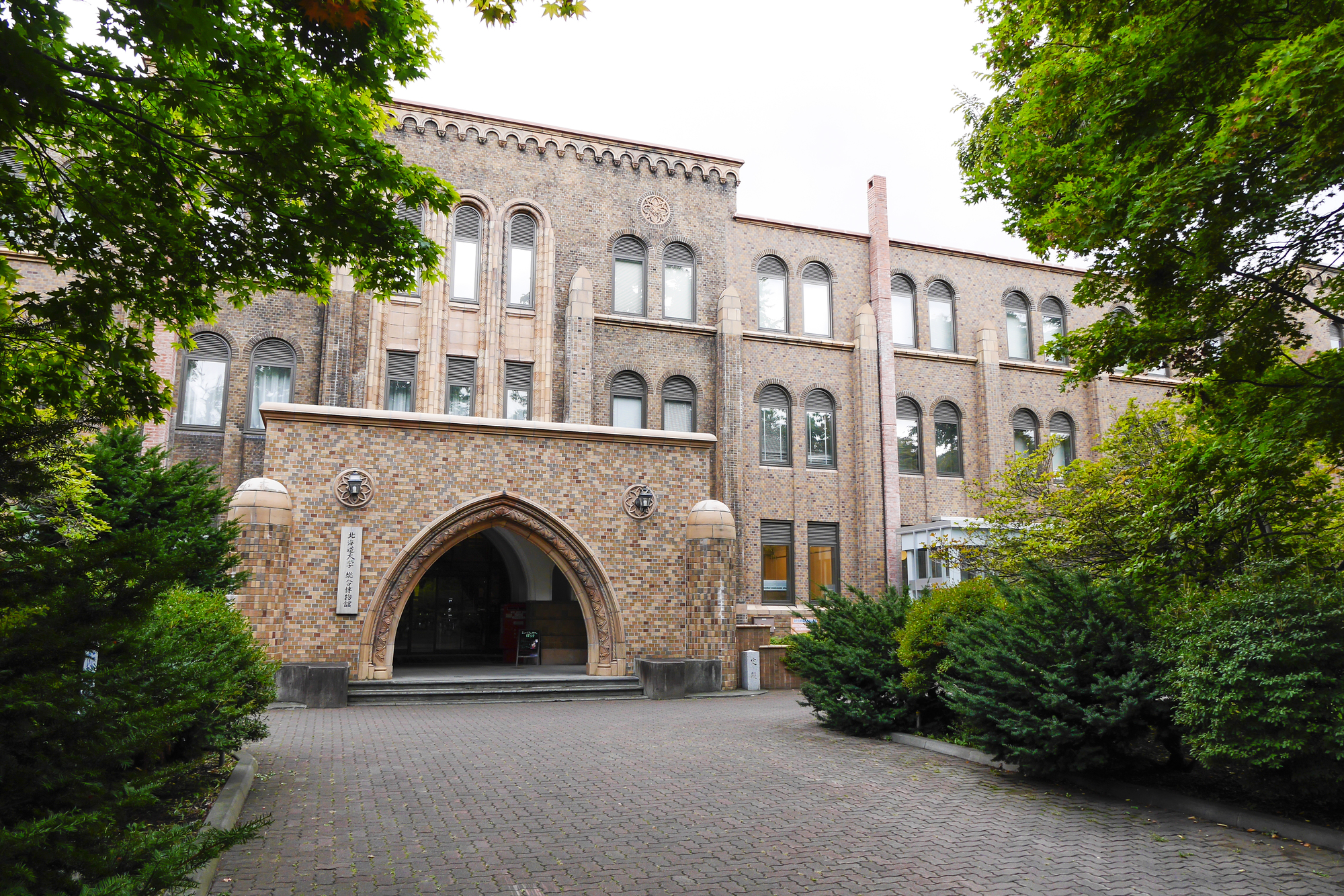The group of Professor Yukinori Ono of Shizuoka University, in collaboration with Nippon Telegraph and Telephone Corporation and the research group of Hokkaido University, succeeded in amplifying the current of the transistor without supplying power.The development of new low power consumption devices is expected.
The key to improving the performance of computers is how to increase the current of the transistor, which is a component, with less power.Power supply is indispensable in the conventional amplification method, and the fact that the supplied power causes heat generation has been a hindrance to performance improvement.
Normally, the electrons in a substance move from a place where the potential is high to a place where the potential is low, and electrons do not flow between the terminals having the same potential and no current is generated.However, in special cases where the frequency of collisions between electrons is very high, the electrons behave like a fluid, and if there is a strong current nearby, a new flow is created along that flow.This behavior is called electron fluid, and so far, it has been observed only on a large scale of micrometer or more with some substances such as gallium arsenide (GaAs).
This time, by utilizing the strong electric field generated in fine silicon, an electronic fluid is realized in a nanometer-scale transistor, a current is generated from a grounded additional terminal with zero potential, and current amplification is performed by a device using this. succeeded in.This is an application of the principle of an aspirator (jet pump) that ejects water or air from a nozzle at high pressure, and it has become possible to suppress heat generation due to current amplification, which was previously considered difficult.
Since this demonstration experiment used a device with a size of about 90 nanometers, it was conducted at a low temperature of 8K (-265.15 ° C), but further miniaturization can be expected to improve the operating temperature.In the future, it aims to demonstrate room temperature operation for practical use.
Paper information:[Nature Communications] Electron aspirator using electron-electron scattering in nanoscale silicon


